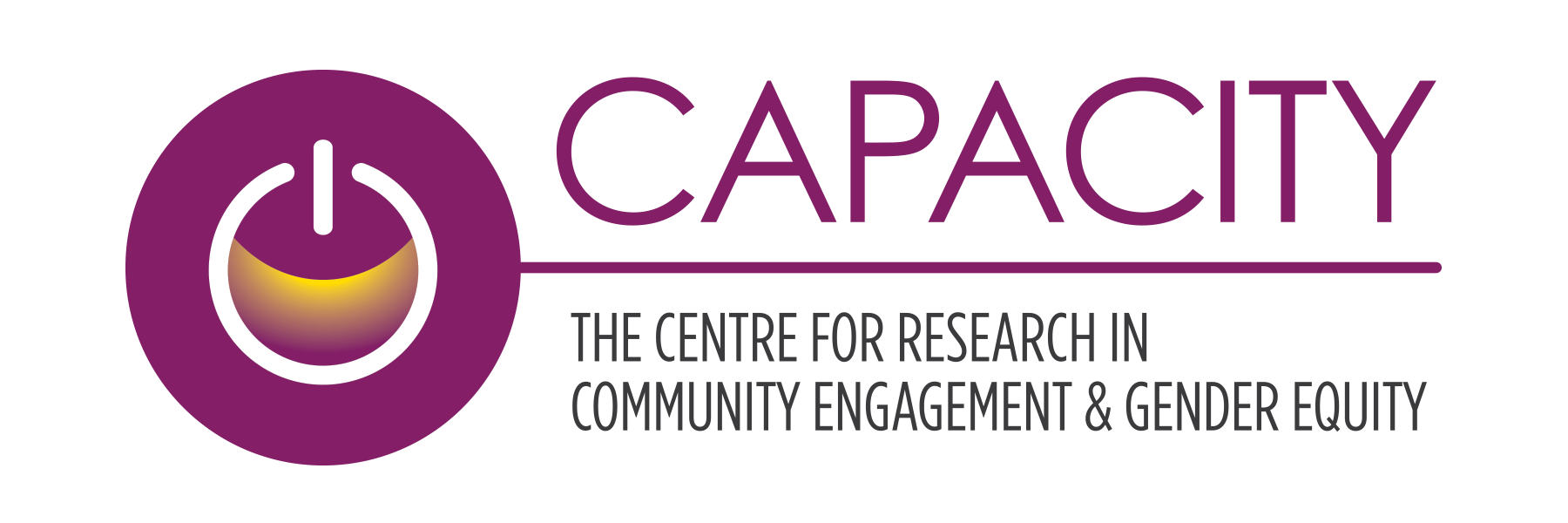Co-designing an Outreach Intervention for Women Experiencing Street-Involvement and Gender-Based Violence: Community–Academic Partnerships in Action
We are excited to share this important paper from the STRENGTH pilot project is now published (through open access) and available online.
“How a Canada Research Chair’s community-led outreach model is impacting lives”
On December 6, 2023, the Social Sciences and Humanities Research Council (SSHRC) ) and Canada Research Chairs (CRC) published a research story highlighting the work of Dr. Vicky Bungay in collaboration with community partner co-leads and other team members, both through the STRENGTH and Scaling Up projects…
How an emergency department is organized to provide opioid-specific harm reduction and facilitators and barriers to harm reduction implementation: a systems perspective
Congratulations to PhD candidate Sunny Jiao on this amazing work in the area of harm reduction and healthcare. Read this excellent analysis of policy shaping care in emergency departments.
Exploring the conceptualization, operationalization, implementation, and measurement of outreach in community settings with hard-to-reach and hidden populations: A scoping review
This research, led by PhD Students Sunny Jiao and Allie Slemon at Capacity, found a lack of clarity across the literature on how outreach is conceptualized, the central elements of outreach, and how the ‘success’ of outreach is empirically measured. Working with Dr. Vicky Bungay and Dr. Adrian Guta, they have led an important piece […]
Gaps in health research related to sex work: an analysis of Canadian health research funding
This new article by Bungay et al explores gaps in health research related to sex work, and concludes that health research funding bodies need to specifically engage with sex work communities and the growing cadre of researchers to establish an evidence informed research agenda to foster the health, safety, and well-being of sex workers locally and across the globe.
Analysis of the Social Consequences and Value Implications of the Everyday Discrimination Scale (EDS): Implications for Measurement of Discrimination in Health Research
New Publication led by PhD student Allie Slemon looks at the way discrimination is captured using the Everyday Discrimination Scale in quantitative research, and argues that we may be under-estimating these experiences. Intersectional approaches are needed to understand actual impacts of discrimination!
STRENGTH Pilot Study Report
We are pleased to share findings from the STRENGTH Pilot study (April 15, 2018 to January 28, 2020). Please see our report on this community-based, participatory action pilot study to design a women-led, strengths-based, trauma informed model of outreach in the Downtown Eastside (DTES) neighbourhood of Vancouver. The STRENGTH project was built upon the expertise […]
Information and Communication Technologies in Commercial Sex Work: A Double-Edged Sword for Occupational Health and Safety
In this article, published in a special issue of the journal “Social Sciences” dedicated to the occupational health and safety of sex workers, we explore the impact of the use of communication technologies on the occupational health and safety of sex workers in Canada.
STRENGTH Pilot Study interim findings
We are pleased to share the first of our STRENGTH study findings. Please click on “Capacity Highlights” to view our infographic on a strengths-based outreach approach to working with women in the Downtown Eastside (DTES) neighbourhood in Vancouver.
Peer work as precarious
Authors: Alissa Greer, Vicky Bungay, Bernie Pauly, Jane Buxton Publication: International Journal of Drug Policy Volume: 85 What we know There is limited knowledge in the literature about the experiences of people who use drugs and are engaged in peer work in harm reduction settings across BC. This is an important avenue of research […]






